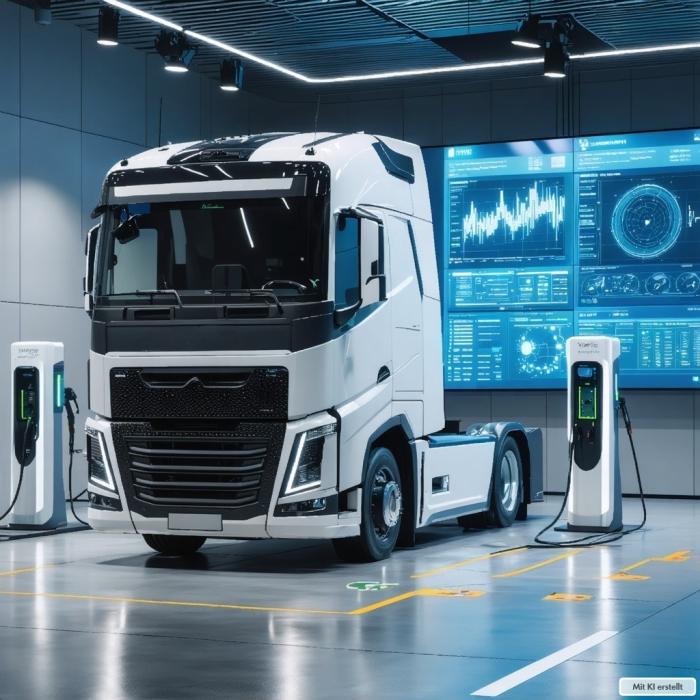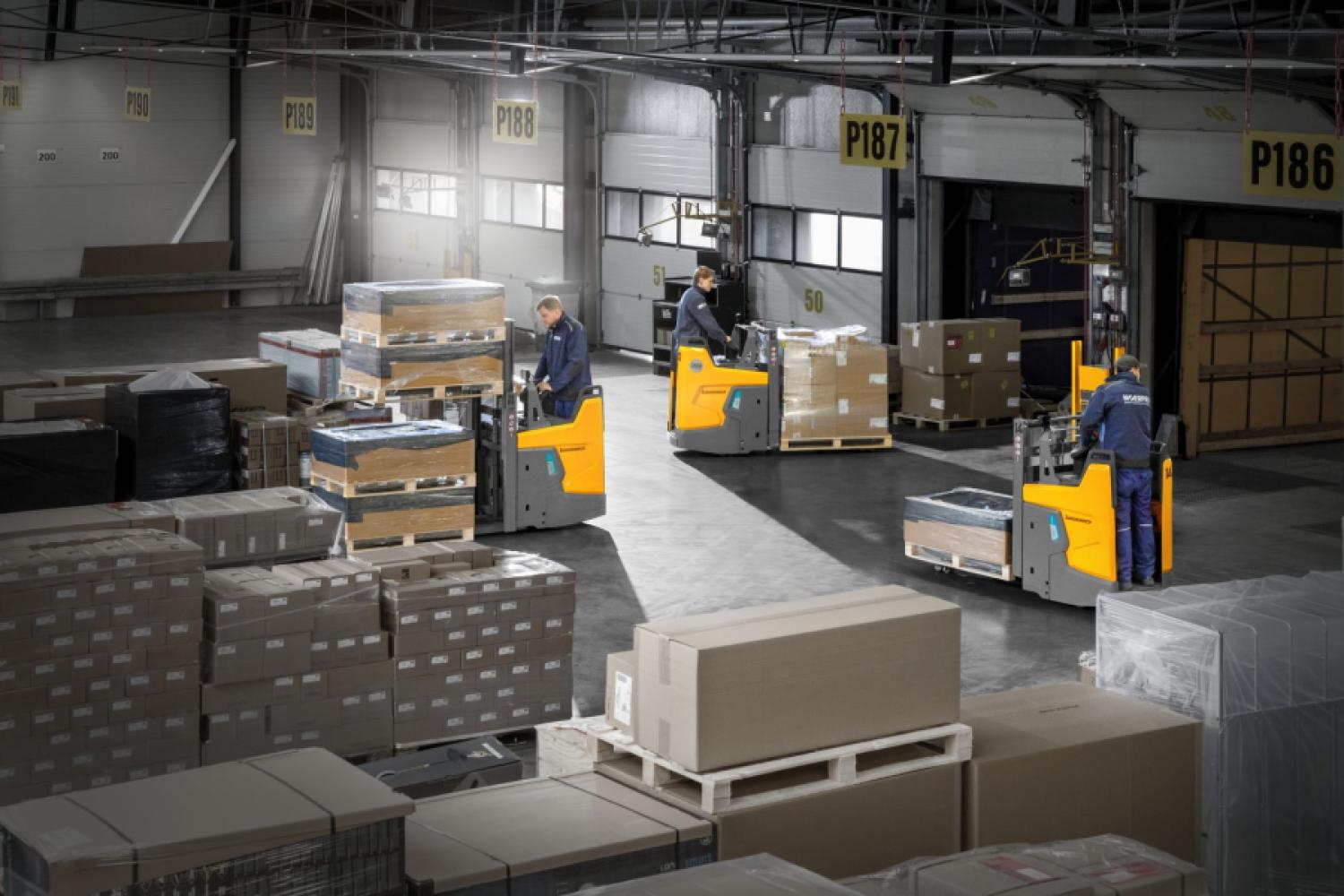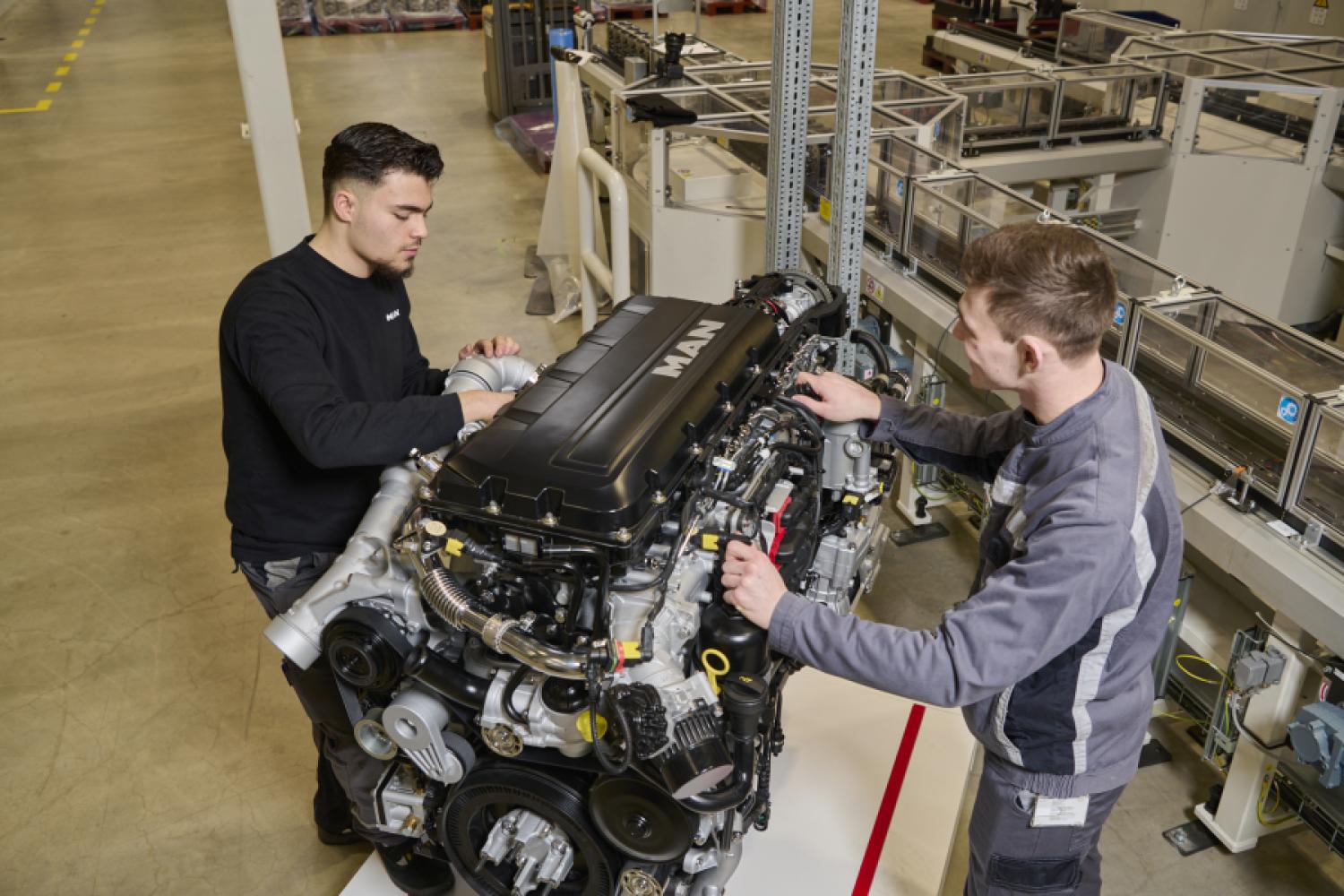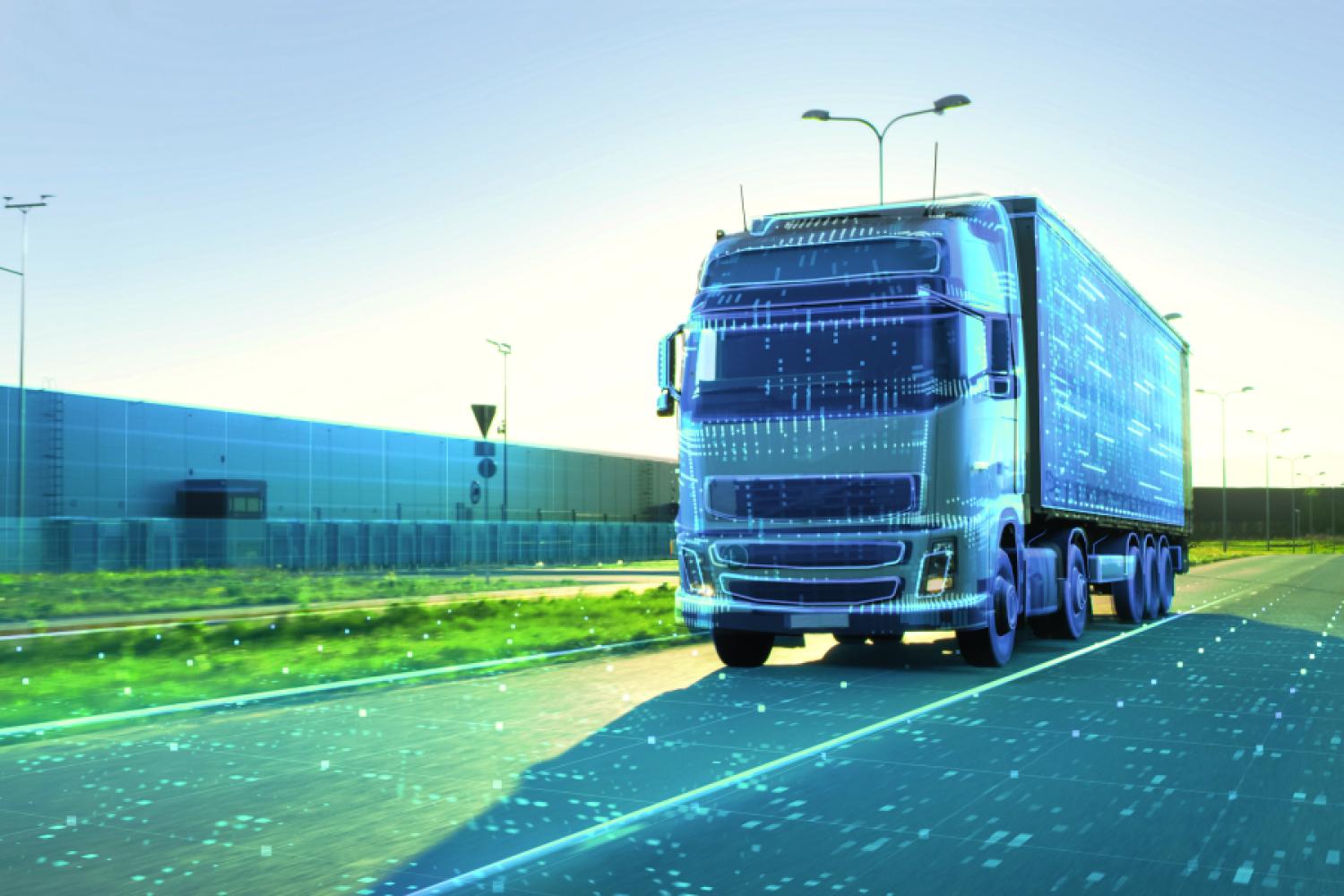Shell is planning to establish a test center for charging infrastructure at its Hamburg location, which the company claims will set new standards in the field of electromobility. The facility at the Shell Technology Centre Hamburg is designed for charging capacities of up to five megawatts and is primarily aimed at applications in the heavy-duty traffic sector – such as trucks, buses, or construction and agricultural machinery. Electric ships are also expected to be tested there in the future.
According to Shell, it is currently the most powerful project of its kind in Germany. The center is primarily intended to practically examine the interplay between charging infrastructure, vehicle technology, and climate and software conditions. The first tests are planned to begin by the end of 2025, with full completion expected by 2027.
Felix Faber, Chairman of the Management Board of Shell in Germany, stated: “By constructing the most powerful test center for electrically driven heavy vehicles and infrastructure,
we are a pioneer in the industry. We can thus significantly support the transport sector in reducing CO2 emissions while maintaining competitive strength. Fast and efficient charging for electric drives is immensely important in the transport sector because, especially in this industry, time is money. This is exactly where we are focusing our efforts with our test center for megawatt charging. Here, solutions can further mature, industry partners can come together, and collaborate with us to contribute to the electrification and thus decarbonization of the entire sector.”
According to Shell, the test center is intended both for the development of its own products – through subsidiaries like SBRS, Ubitricity, or Shell Recharge – and to serve as an independent testing platform for external partners. Vehicle manufacturers, charging infrastructure providers, or fleet operators can test components, systems, and software solutions for their performance, safety, and practicality. For this purpose, twelve automated test stands, more than 50 flexible test stations,
and climate chambers, among other things, are available.
A focus of the tests is on the Megawatt Charging System (MCS), which was developed primarily for electric commercial vehicles. The infrastructure also permits trials under extreme climatic conditions ranging from minus 40 to plus 50 degrees Celsius. Medium-voltage systems with 10 kV AC and 3.6 kV DC as well as a bidirectional DC emulator with up to 5.2 MW are used. Testing operations are also possible in parallel mode with multiple 800 kW charging systems.
According to Shell, the center will be fully powered by renewable energy. A special test field is designated for so-called high-risk setups. There, electrical drive systems of trucks and off-road vehicles, also with autonomous driving functions, can be safely tested. Further focuses include automated battery tests up to the highest hazard level, interoperability tests, and Hardware-in-the-Loop simulations. In the future, large storage and ship applications are also expected to be integrated.
The test center
is being established on an area of around 3,500 square meters and includes an office and electrical installation building, an external test hangar, a workshop area, as well as an expansion reserve of an additional 500 square meters.
With the project, Shell aims, according to its own statements, to actively shape electromobility in the transport sector through infrastructure development and technology testing. At the same time, the center is intended to strengthen Hamburg's role as a location for mobility research and industrial application. The company aims to operate climate-neutrally worldwide by 2050 according to its own indications. This includes the expansion of charging infrastructure as part of the corporate strategy, alongside alternative fuels like renewable diesel or bio-LNG.
The Shell Technology Centre in Hamburg has existed since 1956 and is part of the group's international development network. Interdisciplinary teams work in the center on developing technical solutions to reduce CO₂ emissions – also in close cooperation with the






